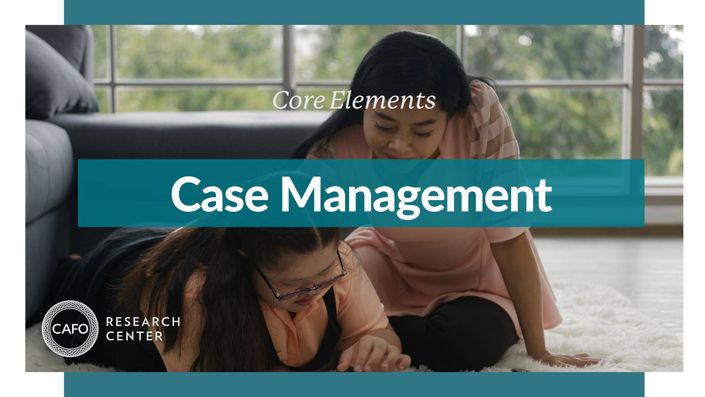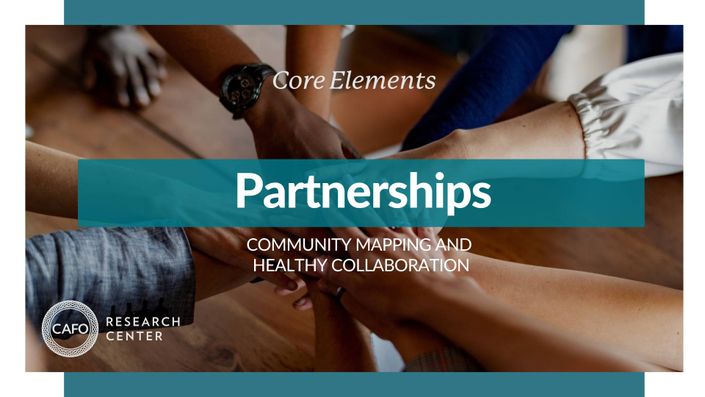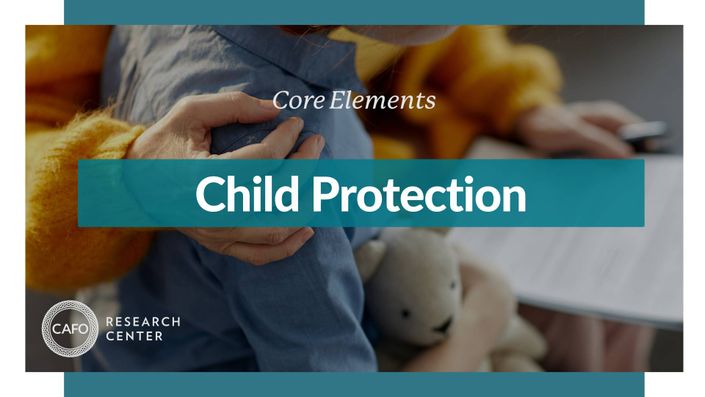CHILD DEVELOPMENT
Every child is shaped by the people, environments, and experiences that surround them. For children in vulnerable circumstances, those inputs can help—or hinder—their development. This course equips you to better understand how children develop across physical, emotional, cognitive, and social domains—and how trauma, adversity, and resilience impact that process.
Rooted in both science and Scripture, you’ll explore how relationships, routines, and trauma-informed practices can support healing and long-term thriving. Whether you’re influencing policy or overseeing programs, this course will help you better serve children by creating environments where they can grow, trust, and flourish.
YOU’LL WALK AWAY WITH
- A foundational understanding of child development domains, stages, and theories
- Tools to recognize how trauma and adversity impact development—and how to respond
- Practical strategies to create developmentally supportive, trauma-informed environments
- Resources to assess, track, and plan for growth across every stage
-
A CAFO Certificate of Completion to demonstrate your learning
WHAT YOU CAN EXPECT

Customizable Tools
& Templates
Access downloadable tools to assess developmental stages, create tailored plans, and engage families and staff.

Team Discussion &
Summary Guides
Lead team discussions with provided prompts and curated resources designed for shared learning.

CAFO Certificate of
Completion
Upon finishing the course and quizzes, receive a downloadable certificate to recognize your commitment to growth.
A PROVEN FRAMEWORK FOR BETTER CARE
This course is part of CAFO’s Core Elements of Success program, which provides a clear roadmap to improving outcomes for vulnerable children through evidence-based training on key aspects of quality care.
Drawing from global best practices and enriched by insights from NGOs, field experts, and experienced leaders, each course equips you with the knowledge, skills, and tools necessary to provide quality care for vulnerable children and families. Topics range from child protection and confidentiality to board governance and fiscal accountability—giving you the resources to implement best practices across every aspect of your organization, ensuring your efforts lead to meaningful, positive outcomes.
If you're committed to achieving measurable results—rather than just hoping for positive outcomes—and need actionable strategies and tools to improve your program, this course is for you.
CAFO’s Core Elements of Success: Simplified care improvement, designed for you.
AT A GLANCE
Understand how children grow—and how to support their healing and thriving.
- Who is This Course For?
- Organizational leaders in global child welfare or family-strengthening work
- US-based staff supporting international or domestic care systems
- Clinicians, social workers, and child welfare professionals providing direct care
- Church leaders seeking to support children and families in meaningful, informed ways
- Parents and caregivers looking to better understand how children grow and heal
- Network leaders equipping others across movements or regions
- Policymakers and system designers who influence child and family wellbeing at scale
- Time Commitment
- Fully self-paced
- Most courses take 3 hours to complete, but you’re welcome to move at your own pace.
- Price
- $89 CAFO Members
- $99 Non-Members
- Need help covering the cost? Learn about scholarships and group discounts.
-
Coupon codes can be applied at checkout.
COURSE CURRICULUM PREVIEW
EXPLORE OTHER COURSES
Want to keep learning? Check out other courses in CAFO’s Core Elements of Success program.




